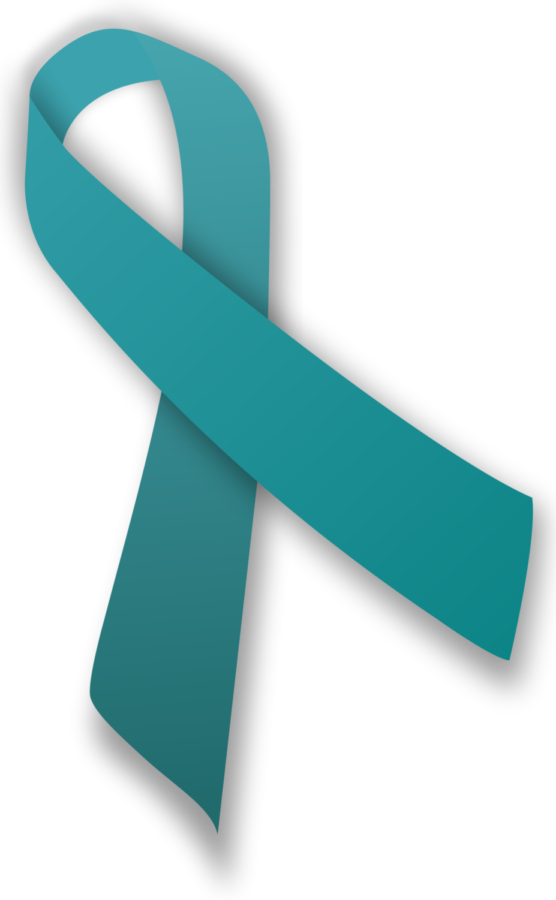Spread sexual assault awareness
April 10, 2016
April is Sexual Assault Awareness Month, which aims to bring attention to the issue of sexual violence around the world. Its goals are to educate the public on sexual violence, empower communities to support victims and create a safer environment for all people.
One in 5 women and 1 in 16 men are sexually assaulted while in college, according to a 2007 federally-funded study. For women, several studies have shown that this ratio remains about the same for the duration of their lives.
Among the transgender community and especially transgender people of color, the rate of lifetime sexual violence is likely higher than 1 in 2, according to the U.S. Department of Justice’s Office for Victims of Crime.
Sexual Assault Awareness Month got started through activism around the world dedicated to protecting people of all genders — and all professions, including sex work — from sexual and domestic violence.
In the 1970s, women in England organized the first Take Back the Night marches, referencing the violence they faced walking the streets at night. By decade’s end, Philadelphia, New York and San Francisco organized their own Take Back the Night events, with European cities such as Brussels, Rome and Leeds, England hosting similar “Reclaim the Night” events.
As Take Back the Night spreads worldwide, its focus evolved to include male victims of sexual violence, domestic violence awareness and violence against sex workers.
Sexual Assault Awareness Week emerged in the United States in the 1980s after a nationwide poll by the National Coalition Against Sexual Assault to determine the best month for it to take place. While only one week in April was officially recognized, activists organized events throughout the entire month, leading to the establishment of Sexual Assault Awareness Month as it exists today.
The first Sexual Assault Awareness Month was recognized in the United States in April 2001. In 2009, President Barack Obama became the first president to acknowledge April as Sexual Assault Awareness Month.
Since 2002, the National Sexual Violence Resource Center (NSVRC) has assigned a theme to each Sexual Assault Awareness Month. The first month to officially recognize sexual violence on college campuses was April 2010.
This year, NSVRC’s theme focuses on the factors that go into preventing sexual assault, from bolstering safety within communities to promoting healthy relationships.
The Iowa Coalition Against Sexual Assault in Des Moines also has a prevention theme this year called “Parents for Prevention.” The resources provided on its website are focused on parents talking to their children about consent in its most basic forms: asking before hugging or kissing others, respecting when others say “no” and conveying that the children are allowed to say “no” themselves.
For more information about Sexual Assault Awareness Month, visit the National Sexual Violence Resource Center’s website at http://www.nsvrc.org/saam/ or the Iowa Coalition Against Sexual Assault’s website for its 2016 campaign at http://www.iowacasa.org/#!saam/cu2z.







